Cost of using gas vs. induction cooktop
msl511
11 years ago
Featured Answer
Sort by:Oldest
Comments (16)
dodge59
11 years agoRelated Professionals
Agoura Hills Kitchen & Bathroom Designers · Beavercreek Kitchen & Bathroom Designers · Brownsville Kitchen & Bathroom Designers · Highland Park Kitchen & Bathroom Designers · Montebello Kitchen & Bathroom Designers · San Jose Kitchen & Bathroom Designers · Sunrise Manor Kitchen & Bathroom Remodelers · Chicago Ridge Kitchen & Bathroom Remodelers · Jefferson Hills Kitchen & Bathroom Remodelers · Plant City Kitchen & Bathroom Remodelers · Lackawanna Cabinets & Cabinetry · National City Cabinets & Cabinetry · Prospect Heights Cabinets & Cabinetry · Wadsworth Cabinets & Cabinetry · Watauga Cabinets & Cabinetryjadeite
11 years agodeeageaux
11 years agoeleena
11 years agoa2gemini
11 years agosandra_zone6
10 years agoNunyabiz1
10 years agoxedos
10 years agomsl511
10 years agoCavimum
10 years agoNunyabiz1
10 years agojwvideo
10 years agoattofarad
10 years agomsl511
10 years agoa2gemini
10 years ago
Related Stories
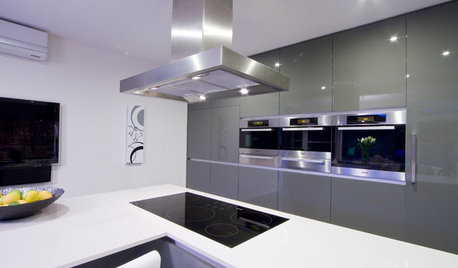
KITCHEN APPLIANCESFind the Right Cooktop for Your Kitchen
For a kitchen setup with sizzle, deciding between gas and electric is only the first hurdle. This guide can help
Full Story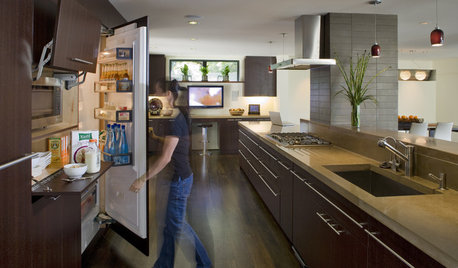
KITCHEN DESIGNHow to Choose and Use Ecofriendly Kitchen Appliances
Inefficient kitchen appliances waste energy and money. Here's how to pick and use appliances wisely
Full Story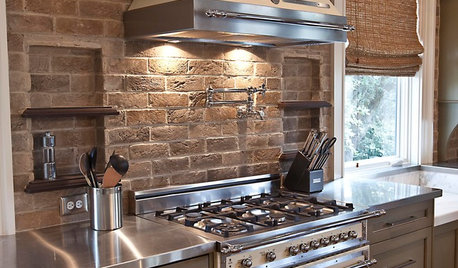
KITCHEN DESIGNYes, You Can Use Brick in the Kitchen
Quell your fears of cooking splashes, cleaning nightmares and dust with these tips from the pros
Full Story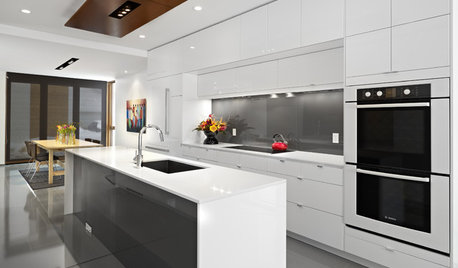
KITCHEN APPLIANCESFind the Right Oven Arrangement for Your Kitchen
Have all the options for ovens, with or without cooktops and drawers, left you steamed? This guide will help you simmer down
Full Story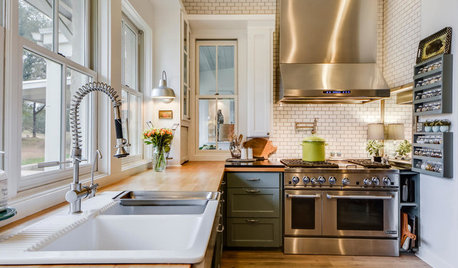
DECORATING GUIDES25 Design Trends Coming to Homes Near You in 2016
From black stainless steel appliances to outdoor fabrics used indoors, these design ideas will be gaining steam in the new year
Full Story
KITCHEN DESIGN12 Ideas for a Knockout Kitchen
Give your cooking space sizzle with color, pattern and materials used in unexpected ways
Full Story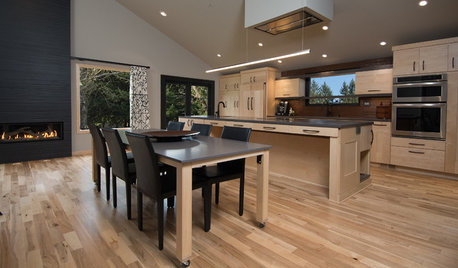
KITCHEN DESIGNKitchen of the Week: A Handy Rollout Dining Table Adds Flexibility
The dual-use eating surface is just one of the smart design features in this renovated Oregon kitchen
Full Story
LOFTSMy Houzz: Ronnie Wood’s Old Art Studio Gets a Makeover
Check out this contemporary update of a former factory flat that survived World War II bombs and use by a member of The Rolling Stones
Full Story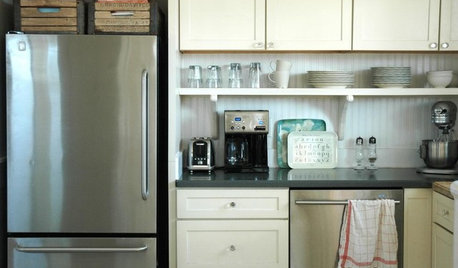
KITCHEN DESIGNTrick Out Your Kitchen Backsplash for Storage and More
Free up countertop space and keep often-used items handy by making your backsplash more resourceful
Full Story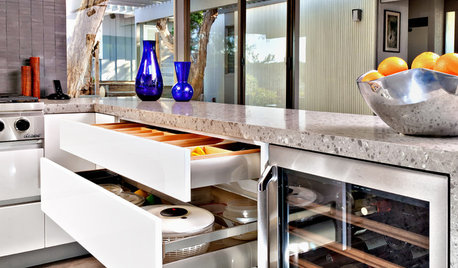
KITCHEN CABINETS9 Ways to Configure Your Cabinets for Comfort
Make your kitchen cabinets a joy to use with these ideas for depth, height and door style — or no door at all
Full StoryMore Discussions






weissman